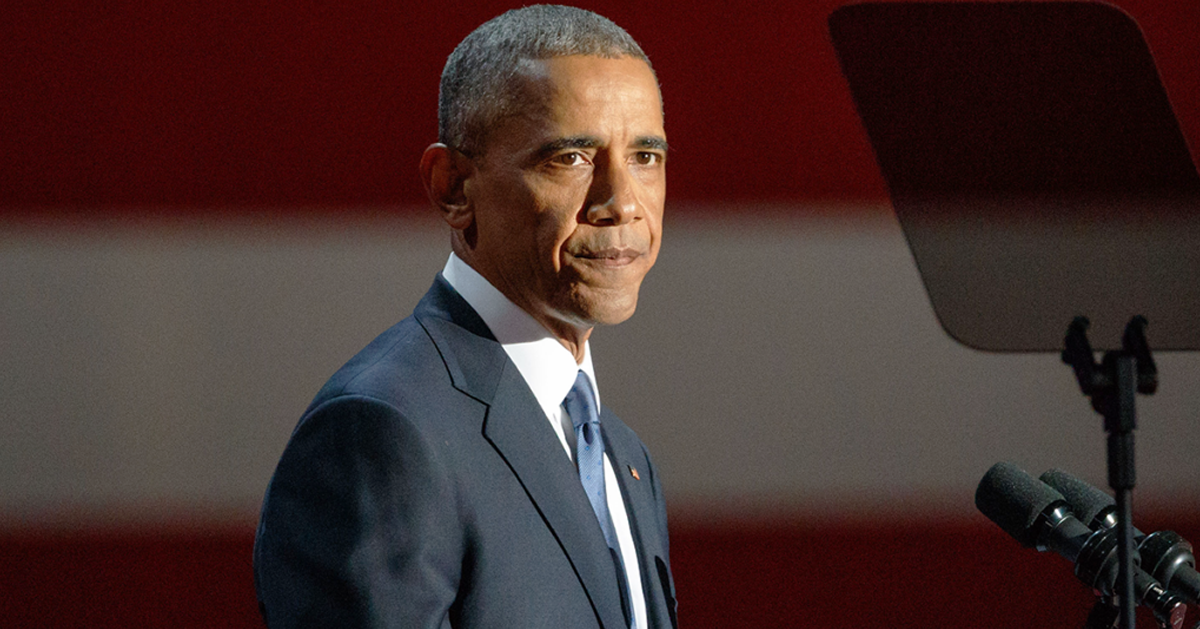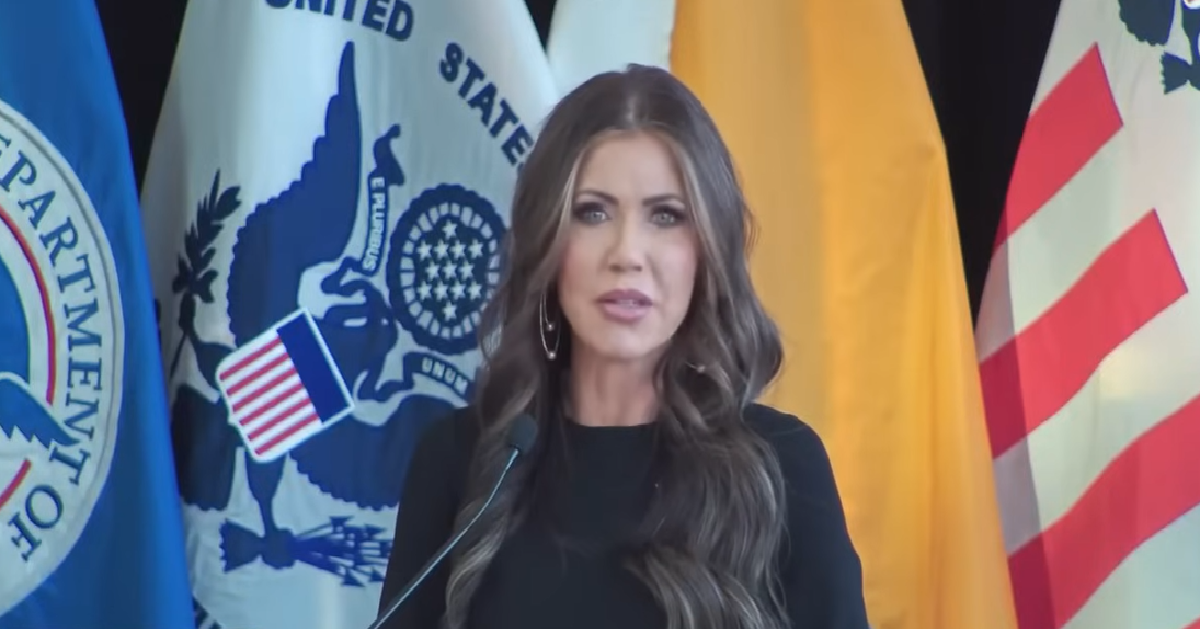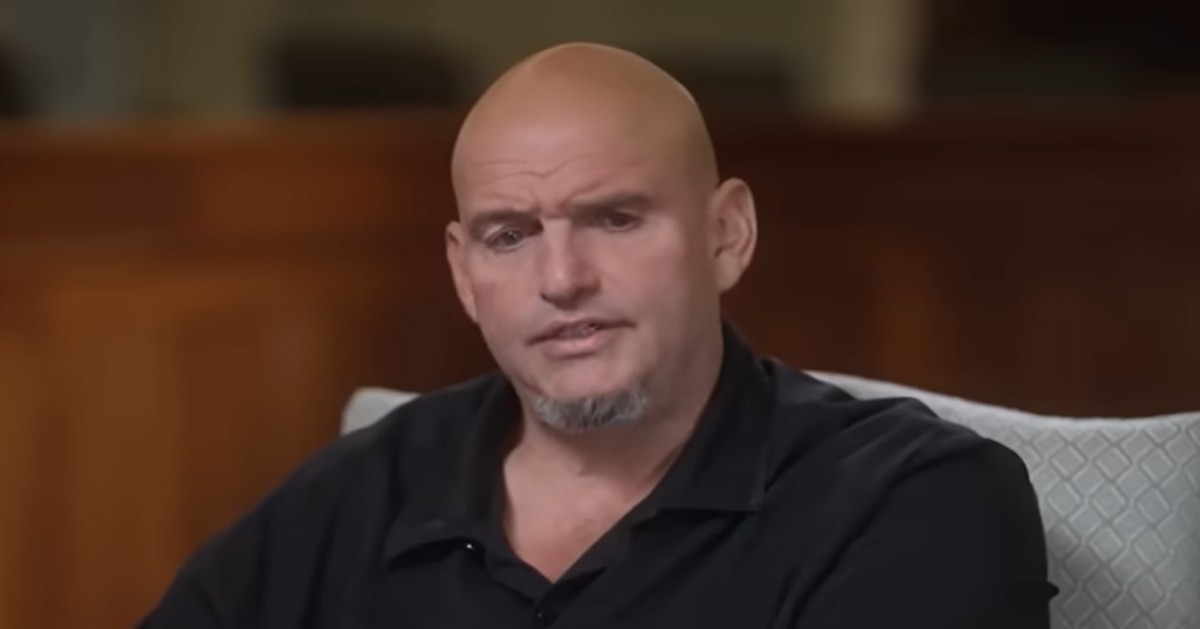Trump announces first day plan to impose new tariffs on Canada, Mexico, and China
Throughout the 2024 campaign, President-elect Donald Trump often spoke of his intent to impose tariffs on goods imported from foreign nations, largely as a tool to incentivize domestic and foreign companies to comply with his "America First" economic policy agenda.
On Monday, Trump announced that he would act on his first day in office to impose such tariffs on the three biggest trading partners with the U.S. -- Canada, Mexico, and China, according to The Hill.
The purpose of those tariffs, Trump explained, goes beyond just his economic agenda to also compel cooperation from those three nations with his policies on border security, illegal immigration, and illicit drug smuggling, among other things.
Trump vows to impose tariffs on Canada, Mexico, and China
In a Truth Social post on Monday evening, President-elect Trump called out both Canada and Mexico for not doing enough to stop illegal migrants and illicit drugs from being smuggled across the nation's porous borders into the U.S., and wrote, "On January 20th, as one of my many first Executive Orders, I will sign all necessary documents to charge Mexico and Canada a 25% Tariff on ALL products coming into the United States, and its ridiculous Open Borders."
"This Tariff will remain in effect until such time as Drugs, in particular Fentanyl, and all Illegal Aliens stop this Invasion of our Country!" he added. "Both Mexico and Canada have the absolute right and power to easily solve this long simmering problem. We hereby demand that they use this power, and until such time that they do, it is time for them to pay a very big price!"
In a follow-up post just a moment later, Trump took aim at China and announced an additional tariff on that nation's goods on top of existing tariffs until the communist regime does more to stop the flow of illicit drugs like fentanyl into the U.S.
"I have had many talks with China about the massive amounts of drugs, in particular Fentanyl, being sent into the United States -- But to no avail," Trump posted. "Representatives of China told me that they would institute their maximum penalty, that of death, for any drug dealers caught doing this but, unfortunately, they never followed through, and drugs are pouring into our Country, mostly through Mexico, at levels never seen before."
"Until such time as they stop, we will be charging China an additional 10% Tariff, above any additional Tariffs, on all of their many products coming into the United States of America. Thank you for your attention to this matter," the president-elect added.
Strongly negative reaction to Trump's tariff threats
Predictably, the three targeted trading partners reacted negatively to President-elect Trump's tariff threats, according to Reuters, with all three suggesting separately that they could be met with retaliatory moves and a trade/tariff war that could harm the economies of all involved.
That has been a key theme echoed throughout the campaign by opponents of Trump's plans, and many of those opponents have insisted that it will ultimately be American consumers, and not foreign manufacturers, who will bear the brunt of increased costs for imported goods.
The biased media's reporting on the potential repercussions of Trump's tariffs has been effective, too, as The Guardian reported on a recent poll which found that more than two-thirds of Americans now believe that the only real result they will see of Trump tariff policies will be higher prices at the grocery store and retail stores.
Tariffs are a "key tool" for trade negotiations
Yet, Yahoo Finance reported that according to economist Joseph LaVorgna, the chief economist of President-elect Trump's National Economic Council during his first term, the media's negative focus on tariffs and higher prices for imported goods is only a small part of the overall picture of Trump's economic policies that American consumers should be aware of.
The proposed tariffs are "consistent with President-elect Trump's economic agenda, which is an integrated approach whereby you have tariffs that occur alongside low corporate tax rates, low regulations, a cutback in government spending, and abundant energy output," LaVorgna explained, "and essentially all those things work together to slow the offshoring to get more onshoring, more reindustrialization in the US economy and essentially build a much stronger base and tariffs are a key tool in using that agenda."
"I don't like when people just look at the tariffs in isolation. It's part of a total comprehensive process where everything is integrated, where companies want to come to the U.S. because of low corporate tax rates, low regulation, cheap energy, and things that are just favorable to producing," the economist added. "I think that's the point in tariffs, [which] are the key tool to getting our trading partners to the table and also incentivizing companies from not leaving and, of course, foreign producers who would be tariffed effectively to come to the U.S."





